It’s been a week, hasn’t it?
We thought we were getting ready to launch our new ideas for the Fall, gearing up for Fall Kickoffs and re-opening our ministry programs in a return to “normal.” But all that is taking a back seat to a resurgent pandemic, once again… Now our families have precious little bandwidth as they try to navigate the start of another Covid-tainted, mask-or-no-mask school year. Our ICU’s are overloaded again, and children getting sick. Meanwhile the news-band on your favorite website is scrolling dire updates on Haiti and Afghanistan and Western wildfires. Our brains, and our emotional capacity to cope with all of this, feel overloaded.
So today, as I prepared to post another piece in our current research series, I felt a pause pressing in. A nudge. Rather than add to your load with something designed to be helpful, I’ve decided to offer you something that could actually lighten the burdens you carry. I asked Rick Lawrence, our Executive Director, if I could re-share his Friday post from last week.
Because this post IS targeting exactly the point in the midst of THIS crisis. Even if you read it when it was first posted, please take it in and let God move in you through it…
The Source of Our Strength

By Rick Lawrence
Vibrant Faith Executive Director
Angela Duckworth, bestselling author of Grit: The Power of Passion and Perseverance, says she discovered that people who live with a “marathon mentality” in life have developed a passion for something higher than themselves. “Grit is not just having resilience in the face of failure,” she says, “but also having deep commitments that you remain loyal to over many years.” But for those who are struggling to put one foot in front of the other during the most trying season of our life, the line separating follow-through from failure is thin—our challenges often transcend our limited capacity to persevere in our own strength.
We need a source of grit that is higher than ourselves. Of course, we rarely give in to our challenges at the first sign of resistance, and many of us know very well how to muscle through hardships and make the most of what we have. But it’s only a matter of time before we reach the shallow bottom of our own well—when we experience “hang in there” and “keep fighting” as platitudes.
In the week before I graduated from high school, my friends filled my yearbook with the usual clichés, but one attempted to say something deeper and more honoring to me: “Rick, you’re the hardest try-er I’ve ever known.” For years I looked back on that scrawl in my yearbook with pride. I secretly believed my capacity for trying harder could overcome anything life threw at me. That is, until I quit my first real job after a year because my conniving, hypocritical boss made my workplace feel like a torture chamber. Or the time I asked my girlfriend to marry me and she accepted but then broke off the engagement after three months. That happened twice, by the way—with the same woman (who’s now my wife). Or the time I was a camp counselor responsible for a cabin full of urban teenagers who had gang ties, and I narrowly thwarted their plan to murder me. Or the time…Well, you get the picture.
When we’re tested beyond our capacity, we naturally look for help outside of that capacity. This is why it’s so important to embrace the implications of Duckworth’s research by paying better attention to what the Apostle Paul reveals: We’ll find the resolve we need, he says, when we “draw our strength from [Jesus] and are empowered through our union with him” (Ephesians 6:10, AMP). Put another way, we’re empowered by our union with Jesus when our intimate attachment to him releases his core strength to flow into and through us.
Award-winning New York Times columnist David Brooks pounced on this “passion for something higher” dynamic in Duckworth’s research, insisting that it deserves more attention: “I don’t know about you, but I’m really bad at being self-disciplined about things I don’t care about. For me, and I suspect for many, hard work and resilience can only happen when there is a strong desire. Grit is thus downstream from longing. People need a powerful why if they are going to be able to endure any how.”
This vital insight—the call to find and develop our powerful WHY in life—elevates perseverance from a personality characteristic to an orientation toward the Divine. I mean, if a passion for something higher than ourselves is what fuels our ability to persevere through great challenges, then we find it only in a Source that is beyond our human potential. The higher the focus of our passion, the deeper the well of our grit. And we desperately need a well with deeper resources than our “try harder to get better” determination.
It’s not the Christian principles we follow or the Christian character qualities we strive for that fuel our spiritual grit; it’s the way we are captured by the heart of Jesus. Relational intimacy with God generates the powerful passion that perseverance requires. Psychologist and spiritual director David Benner writes, “After decades of Bible reading, I realized that my relationship with God was based more on what I believed than on what I experienced. I had lots of information about God but longed to deepen my personal knowing. Getting to know Jesus better seemed like the right place to start. It was.” Benner’s journey from mere belief to “personal knowing” highlights a universal truth: Our grit is fed by our experience of Jesus’ heart, not the information we’ve collected about him.
I lead a small group for young adults in our home every week, and the focal point of our gathering is this: “Pursuing the Heart of Jesus, Not His Recipes.” When a guest joins the group, I always ask one of the “lifers” to explain the meaning behind our unusual battle cry. And they never disappoint, because they’ve experienced firsthand the passion that grows out of a focus on the heart of Jesus, rather than a fixation on how his principles—his “recipes for life”—will improve their lives. When our goal is to pursue the heart of Jesus, rather than morph everything he says and does into life applications, we find the “something higher” that fuels our passion and grows in us a greater capacity to persevere through our challenges.

Dr. Nancy Going serves as the Director of Research & Resource Development for Vibrant Faith. Nancy lives in Durham, North Carolina with her husband Art, an Anglican priest, and they have launched two new families from their children.



